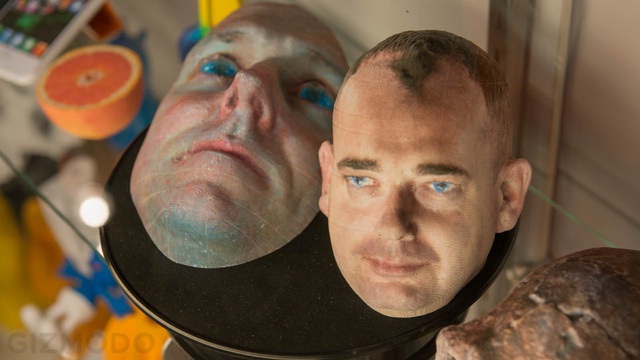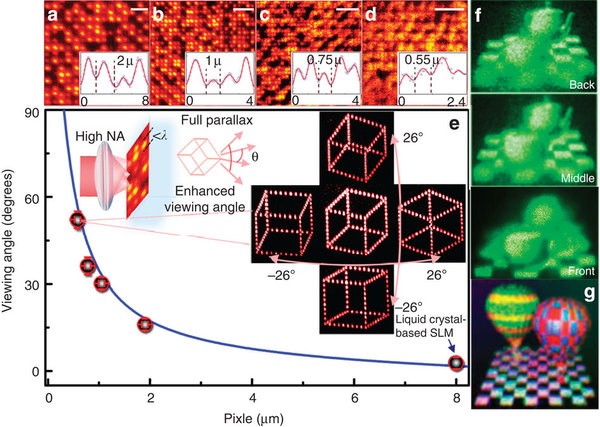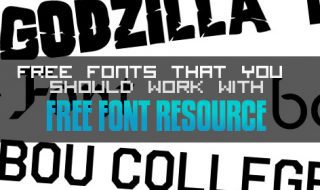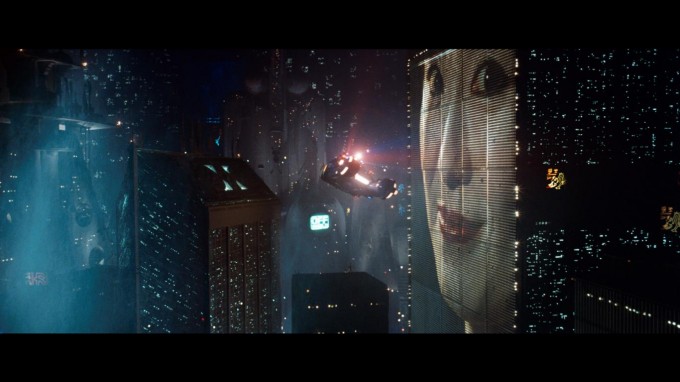
Interested to learn more about how CGI is used to produce realistic animations? We spoke with Chris Brearley and the team from One Bright Dot about the ins and outs of the animation process.
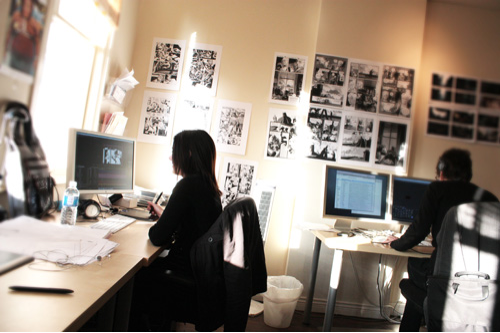
5 Unique Careers for Graphic Designers
One Bright Dot has experience in working on all sorts of projects, from ITV’s I’m A Celeb’s new sponsorship campaign with tombola, featuring lifelike creepy crawlies, to the Match Of The Day FA Cup title sequence.
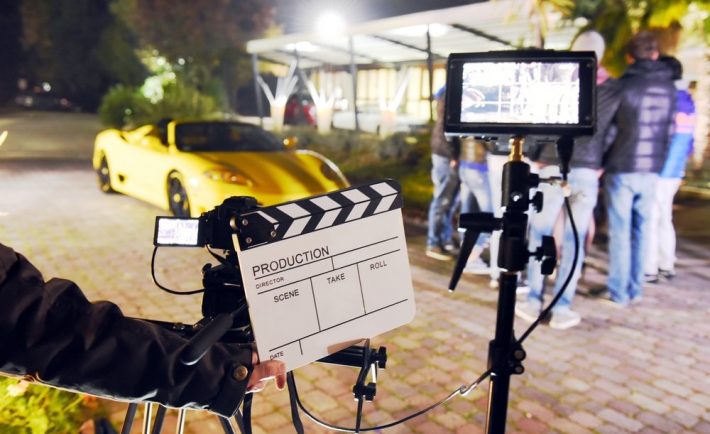
How Set Designers Bring Creative Visions to Life on Stage and Screen
3D animation is all about perspective and camera tricks. However, there’s no denying that the steps leading up to the animation itself are usually seen as more important.
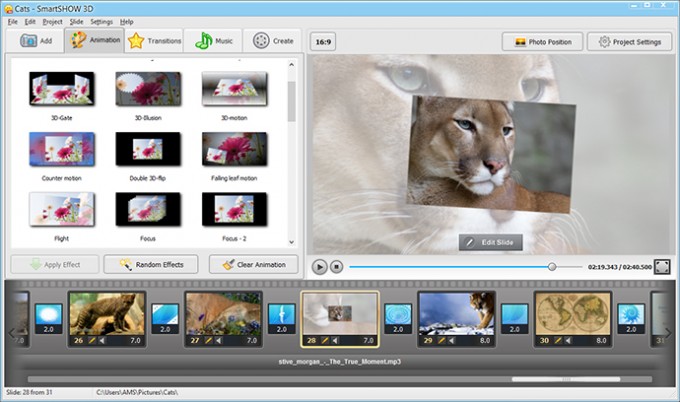
How to Make A Slideshow with 3D Animation Effects – Tips & Examples
Creating a 3D model to actually animate can be hard, especially if you’re bringing a 2D character to life in 3D. Once modelled, it must be textured – both of these steps can take a long, long time, depending on the level of detail involved and the complexity of the character’s model. The more polygons, the longer it will take to get the character even close to how they are meant to look.
The model must, at some point, be rigged to a ‘skeleton’, which allows them to bend in the right places and dictates how their body should look in motion. This includes “jiggle bones”, areas of the skeleton where gravity-based movement can be automatically added – for example, a character’s hair may need to be capable of independent motion and movement, otherwise it would be completely still. Cloth physics is also an option, since it allows clothing like gowns and capes to move and flow naturally with minimal effort on the animator’s part, aside from correcting obvious errors.
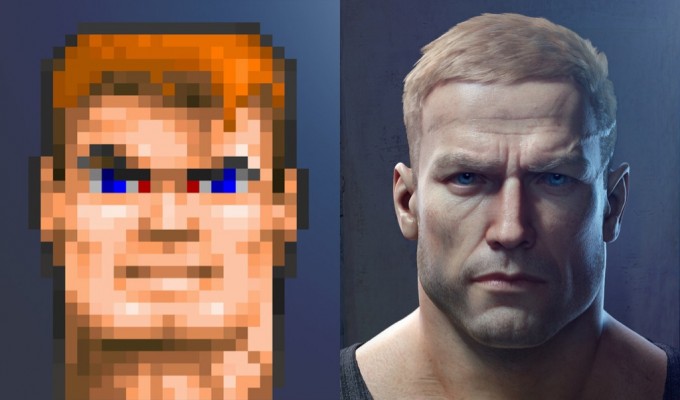
How Far We’ve Come: Then and Now of Gaming
To ensure that lighting and shadows affect the model properly, reflection maps, bumpmaps and normal maps will need to be added. Reflection maps add extra data to the model that points out which areas of the texture sheets can reflect light or mirror the environment, which is typicalyused on metal surfaces or reflective accessories like glasses and earrings.
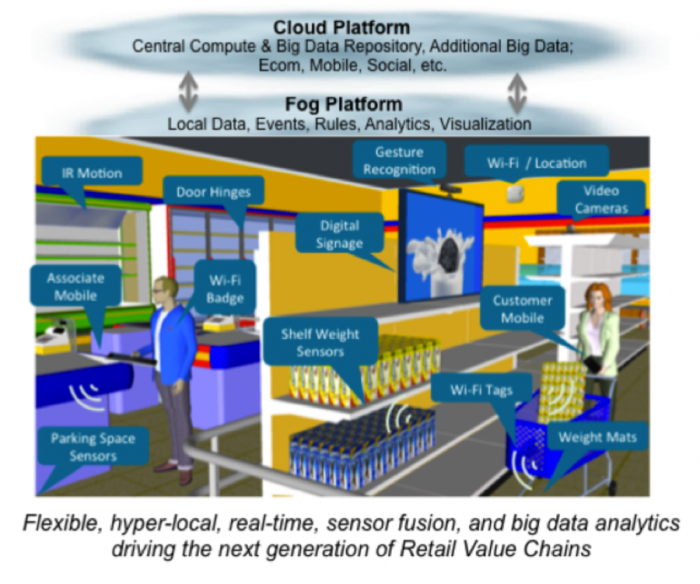
The Internet of Things gives Ecommerce a Boost
Bumpmaps and normal maps are a bit more complex, using athematical calculations to make a texture seem ‘bumpy’ or otherwise not smooth without adding extra polygons to the model, by reflecting the light in a way that creates fake shadows and dents. Normal maps also let modellers create a low-level-of-detail model (a graphically “cheap” model) for crowd shots and long-distance shots.
Testing is one of the final steps involved in creating a model, and first requires it to be converted into a form that is usable in whichever animation software the studio has chosen (which may be easier when using more user-friendly tools). Then it needs to be put into the software and moved around, so all its joints can be checked and each part of its texture sheet can be altered if it’s been applied incorrectly.
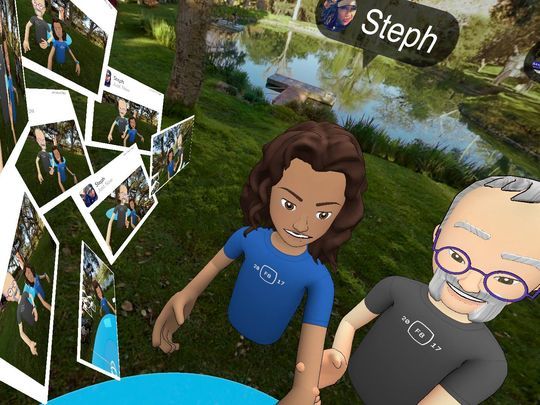
Picture This: Virtual Reality 360 3D Benefits For Small Businesses
Once the model works as intended, it needs to be used in an animation properly. There is no easy way to explain this, since every piece of software is unique and uses a different set of rules, tools and file types – however, it will always have to be rendered.

The Role of Animation In Marketing Your Business Online
Rendering a scene can take a long time when using high-quality models, since it essentially converts every frame of the scene into a still image that’s combined together into a video (although some software allows all frames to be exported as a series of pictures).

Ridley Scott and The Storyteller’s Technology
For a feature-length film, this process will need to be repeated several hundred times at the minimum, and varies depending on scene length and the complexity of the finished product.

